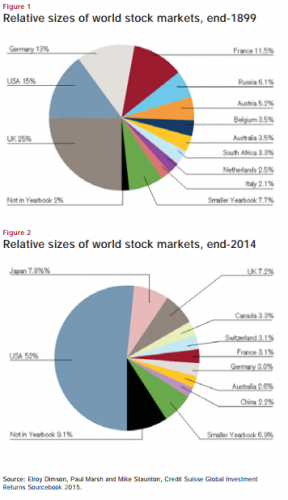A science fiction writer acquaintance of mine, John Ringo, is already going nuts about this “Shawyer Drive” on his Facebook page, because he
is friends with one of the scientists involved.
See power point page and the links below:

Magnetron powered EM-drive construction expected to take two months
http://nextbigfuture.com/2015/04/magnetron-powered-em-drive-construction.html
Emdrive Roger Shawyer believes midterm EMdrive interstellar probe could flyby Alpha Centauri
http://nextbigfuture.com/2015/04/emdrive-roger-shawyer-believes-midterm.html
The drive seems to be a quantum “zero-point energy” phenomena that you put electricity into and get reaction massless thrust out of.
_AND_ it looks to be both scalable and improvable with better magnetrons.
This is also dovetailing nicely with a Lockheed Martin compact fusion reactor that
1. Generates more power than it uses and
2. Produces something on the order of 7.4 megawatts
See:
http://www.lockheedmartin.com/us/products/compact-fusion.html
http://en.wikipedia.org/wiki/High_beta_fusion_reactor
Given the reality of Space X’s and Blue Origin’s reusable rocket successes, and it seems that Mankind is about to burst out from this planet in a very big way.
See:
http://www.spacex.com/news
http://www.wired.com/2015/04/jeff-bezos-blue-origin-just-launched-flagship-rocket/
And all of the above is driving John Ringo to despair on his science fiction writing career.
